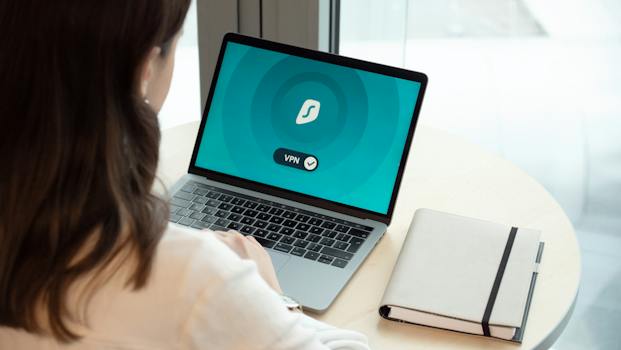Exploring the Top Strategies to Secure Your Remote Workspace: A Comprehensive Guide to Proactive Data Protection and IT Security in a Remote Working Environment.
The world of work has been vastly transformed with the advent of remote working. Now, employees can send data, collaborate on documents, and manage project timelines from the comfort of their home. But, despite the numerous benefits that come with remote working, businesses are faced with a new set of security challenges. That's where we come in. At Safecom, we provide IT security services to businesses, and in this blog post, we will explore some of the top strategies for securing your remote workspace.
The Importance of a Secure Remote Workspace
Before we dive into the strategies, let's establish why a secure remote workspace is essential. When staff work remotely, they are often relying on their home internet connections and perhaps even personal devices, which may lack the necessary security measures a business has in place. Data breaches, malware attacks, and various other cyber threats pose a risk to the integrity and confidentiality of business data. It’s an issue that highlights the urgent need for robust IT security systems and protocols.
Top Strategies for Remote Workspace IT Security
1. Use of Secure Wi-fi Connection
Encouraging your employees to use a secure Wi-Fi connection is central to ensuring the security of your company's data. Make sure that your remote team members are aware of the dangers of public Wi-Fi (like those found in coffee shops or airports), which can often be insecure.
2. Implementation of Virtual Private Networks (VPN)
VPN is a technology that creates a secure connection over the internet. It helps to encrypt data traffic, making it safer from cyber threats. Ensuring your remote staff have access to and use a VPN can add an extra layer of security.
3. Regular Software Updates
Keeping software applications up-to-date is crucial. Software developers regularly patch vulnerabilities in their software that hackers could potentially exploit. As such, running the latest versions is key protection strategy against cyber threats.
4. Two-factor Authentication
Two-factor authentication (2FA) adds an additional layer of protection against cyber threats by requiring two forms of verification before granting access to accounts or systems. This extra step makes it much harder for unauthorized individuals to gain access.
5. Security Awareness Training and Education
Your staff are an important line of defense against cyber threats. Invest in security awareness training and education so that your employees can recognize and respond appropriately to cyber threats. This could include guidance on recognizing phishing emails or instructions on how to report potential security threats.
Proactive Data Protection in a Remote Working Environment
Beyond IT security, there is a need for businesses to take a proactive stance on data protection. Here are a few tips for safeguarding your data in a remote work environment.
-
Data Encryption: Encrypting data makes it unreadable to anyone without the correct decryption key or password. It’s an effective way to protect sensitive data, whether it's being stored or in transit.
-
Regular Backups: Regularly backing up your data ensures full recovery in the event of data loss or a cyber attack. You should store backup data in a secure, off-site location that is separate from your primary data center.
-
Incident Response Plan: Having a plan in place if a data breach or cyber attack does occur is vital for limiting damage and recovering quickly.
At Safecom, we understand that IT security and data protection are complex, but crucial, aspects of the modern remote workspace. Our team of experts is ready to help you navigate these digital waters, ensuring that your business can offer its staff the flexibilities of remote work, without compromising on security.
As we wrap up this comprehensive guide to securing your remote workspace, we would like to introduce you to a product that can significantly aid your IT security strategy – Norton Antivirus. Norton Antivirus offers robust, multi-layered protection against viruses, malware, and other online threats. With advanced security options suitable for a remote working environment, Norton Antivirus can be a formidable tool in your cybersecurity arsenal.
Contact us today to learn more about securing your remote workspace and explore how Norton Antivirus could work for you.




Leave a Reply